The Emir of Gwoza, Mohammed Shehu Timta, had on Wednesday narrated how the terrorists struck and killed Kamal.
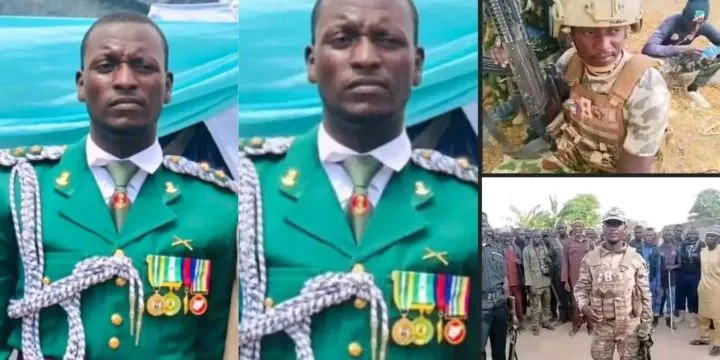
Captain Kamal has been confirmed as the senior army officer who was killed by Boko Haram terrorists in Izge community, Gwoza Local Government Area of Borno State, according to SaharaReporters.
The Emir of Gwoza, Mohammed Shehu Timta, had on Wednesday narrated how the terrorists struck and killed Kamal.
He said the attack happened around 1 am on Wednesday when the terrorists infiltrated the farming community, shooting sporadically before Nigerian military personnel, with the assistance of local hunters, vigilantes and members of the civilian Joint Task Force, repelled the terrorists.
Aside from the Army Captain, a soldier was also reported to have lost his life in the process.
According to the emir, the security agencies also killed three of the terrorists, and recovered several motorcycles, bicycles, an operational vehicle and a sophisticated rifle from the terrorists.
Nigerian states have long been affected by various terrorist activities.
A report by SBM Intelligence noted that at least 2,00 persons were killed in Nigeria in the first quarter of 2025, which spans January to March.
The report also stated that 136 security personnel were killed during the same period.
Borno State recorded the highest number of deaths, with 515, followed by Zamfara State with 408. Katsina recorded 155 deaths; Benue, 101; Niger, 68; Anambra, 63; Edo, 60; Ondo, 59; and Kaduna, 58.
A further breakdown shows that 892 civilians lost their lives, along with 462 bandits, 119 vigilantes, 234 Boko Haram members, 42 kidnappers, and 66 cultists.
Earlier, the Borno State governor, Babagana Zulum, lamented the rising spate of insecurity in the state.
He stated that while the Nigerian Army pursues kinetic measures, it should also consider non-kinetic approaches, which he described as equally important.
"Borno State has, within the last three years, received more than 300,000 repentant Boko Haram fighters, and not all of them are fighters. Some of them are farmers," he noted.
For over a decade, Nigeria has been locked in a brutal conflict with insurgent groups operating primarily in the country's North East region.
The most prominent among them is Boko Haram, which emerged in the early 2000s but became violently active around 2009, launching a campaign of terror marked by bombings, mass abductions, and attacks on civilian and military targets.
Despite repeated claims under then-President Muhammadu Buhari that the terrorists had been "technically defeated," insurgent activities have persisted, often with deadly consequences.
The insurgency has claimed tens of thousands of lives and displaced millions of people, creating one of the world's most severe humanitarian crises. Entire communities have been razed, with survivors forced into overcrowded internally displaced persons (IDP) camps, often with limited access to food, healthcare, and security.
Over the years, various offshoots of Boko Haram, such as the Islamic State West Africa Province (ISWAP), have emerged, further complicating counterinsurgency efforts and prolonging the cycle of violence.
Despite regional and international support, including from the Multinational Joint Task Force (MNJTF), the threat remains a formidable challenge to Nigeria's national stability and human security.

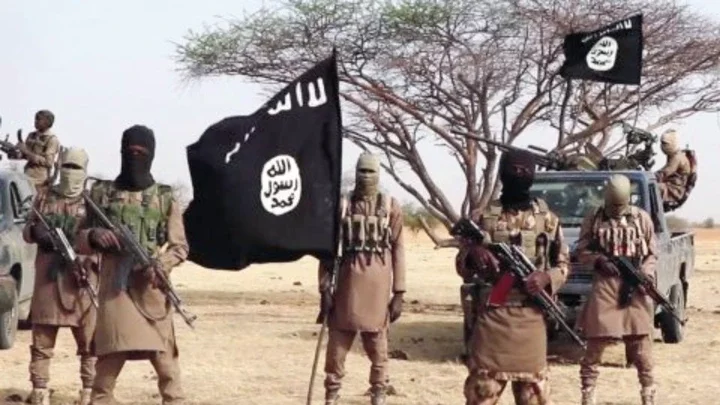
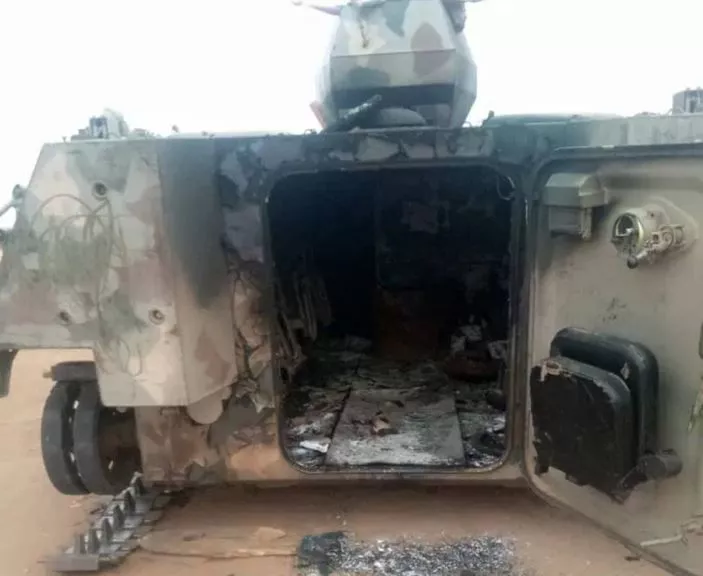
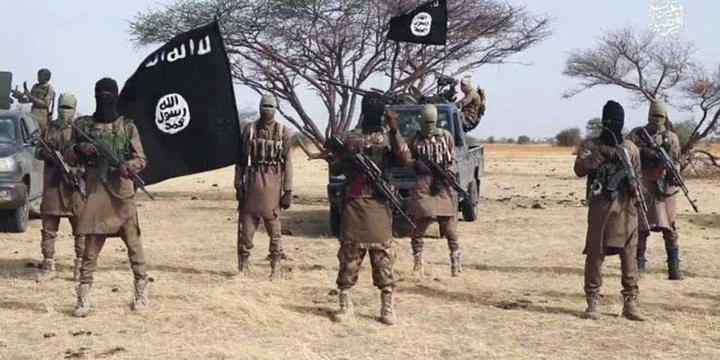
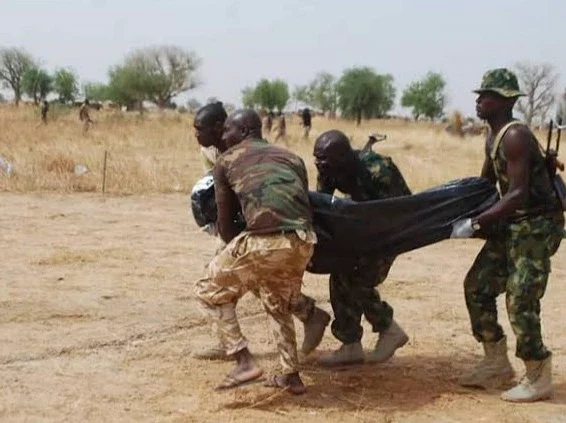
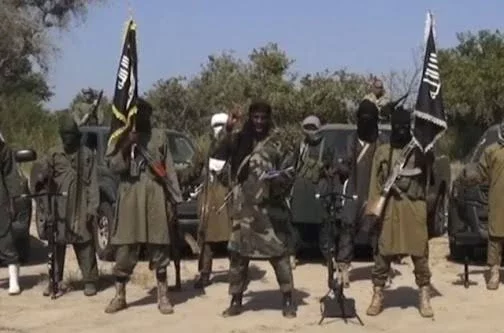
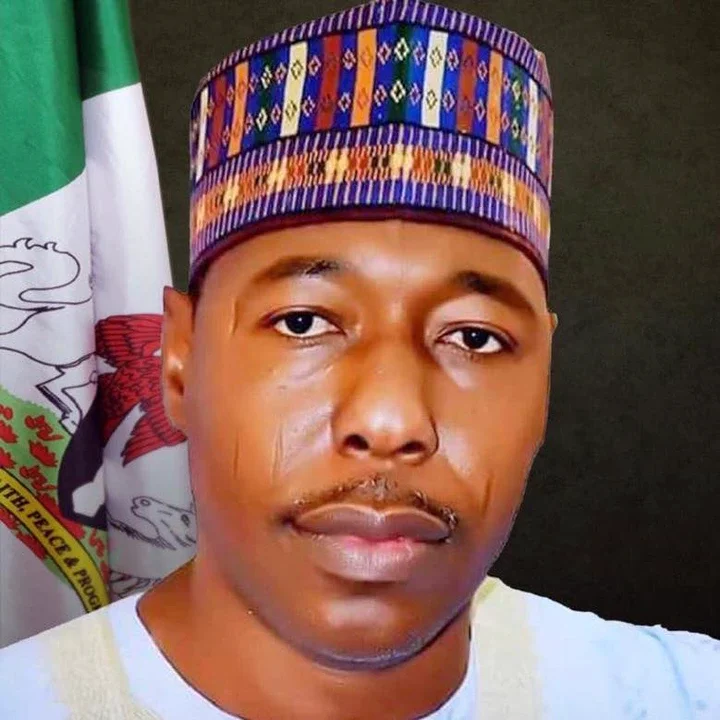

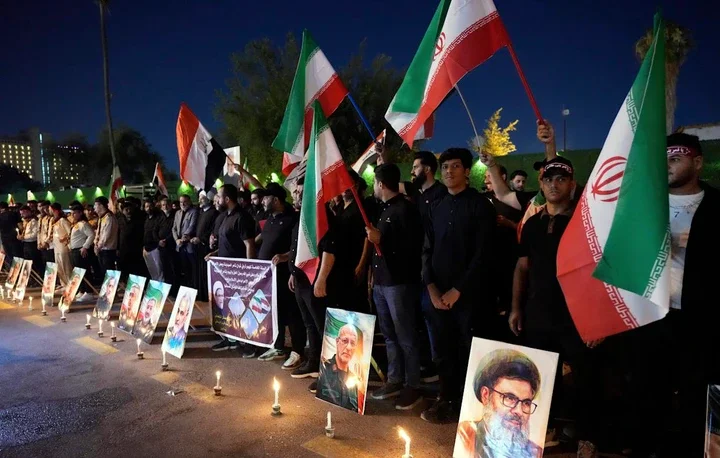

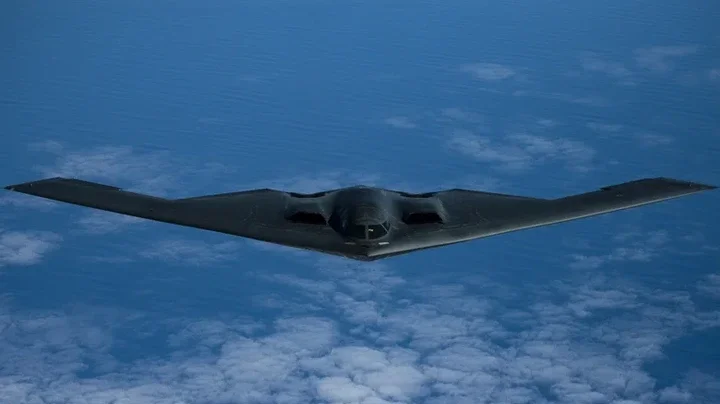


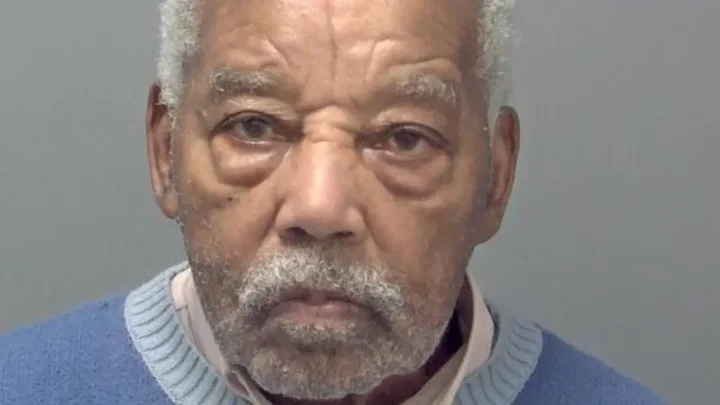
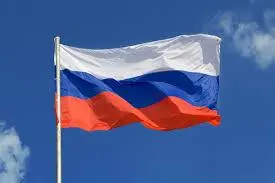


Comments